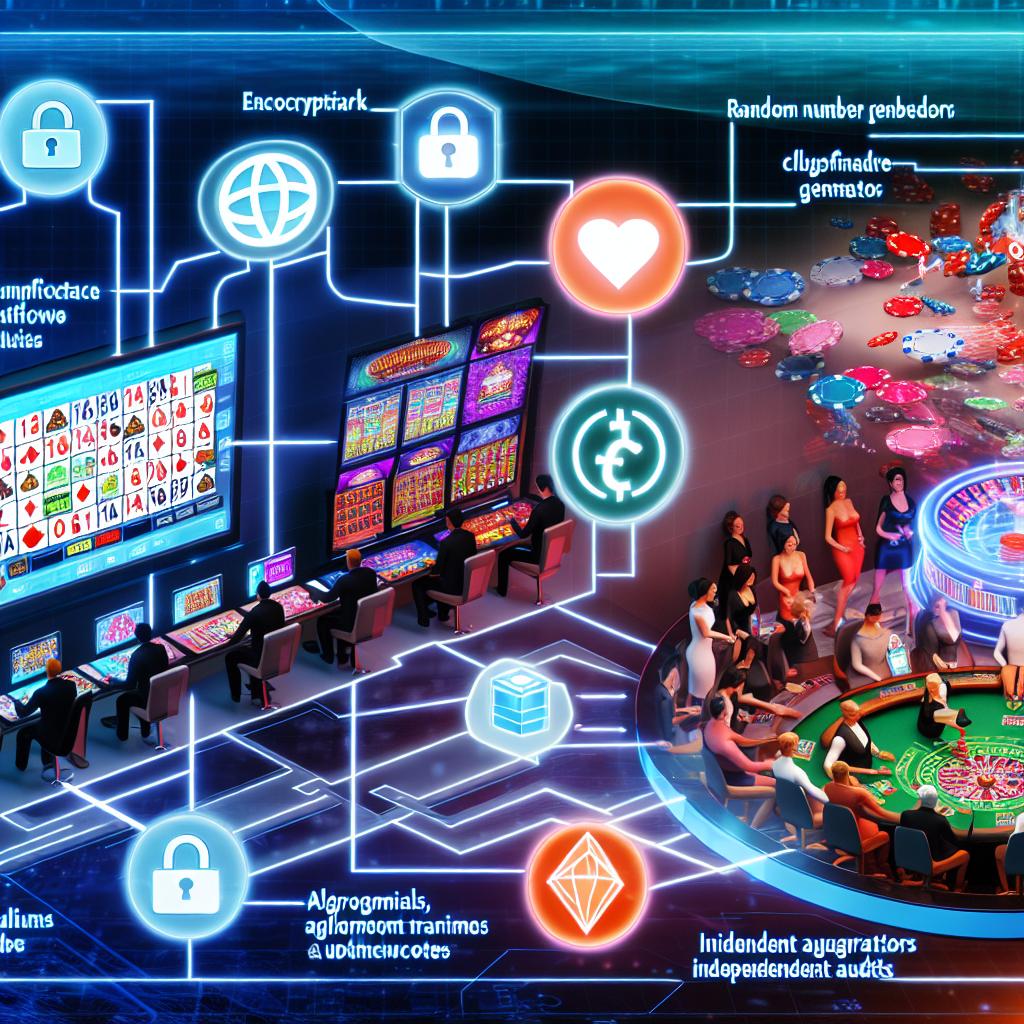
How do online casinos ensure fairness?
Understanding Fairness in Online Casinos
The advent of online casinos has brought the exhilaration of gambling into the digital realm, allowing individuals to engage in their favorite casino games from virtually any location. As these platforms gain popularity, a prominent concern among players is the fairness and security of the gaming environment provided. This article delves into the various mechanisms and measures that online casinos put in place to ensure fair play and maintain user trust.
Regulation and Licensing
The foundation of fairness in online casinos lies in the regulation and licensing protocols they adhere to. These virtual gambling platforms often operate under the stringent oversight of recognized gaming authorities such as the Gibraltar Gambling Commissioner or the Malta Gaming Authority. These licensing bodies impose strict standards that online casinos must meet to legally operate. Regular audits and compliance checks are conducted to ensure adherence to these standards, which cover a myriad of aspects from financial transactions to game fairness. This regulatory framework provides an essential layer of credibility, reassuring players that they are participating in a fair and transparent gaming environment.
Random Number Generators (RNG)
A critical component of ensuring fairness in online casino games is the implementation of Random Number Generators (RNGs). RNGs are sophisticated algorithms designed to produce random and unpredictable outcomes in games such as slots, poker, and roulette. These algorithms are crucial as they ensure that the results of these games are purely based on chance, mirroring the unpredictability found in traditional casino settings. To further enhance confidence in these systems, independent agencies like eCOGRA or iTech Labs conduct regular tests and certifications of RNGs. These organizations verify that the algorithms function as intended, ensuring the integrity of game outcomes. Interested individuals can learn more about these agencies via the [eCOGRA website](https://www.ecogra.org/).
Independent Audits and Testing
Another layer of assurance regarding the fairness of online casinos comes in the form of independent audits. These audits are comprehensive evaluations conducted by third-party organizations to examine the operations and systems of online casinos. Through a series of rigorous tests, these organizations assess whether the games are free from manipulation and verify the proper functioning of the RNGs. Online casinos that pass these audits often display certification badges from these third-party testers on their platforms. This certification serves as a testament to the casino’s commitment to transparency and fair gaming, enhancing player confidence and trust.
Secure Transactions and Data Protection
The commitment to fairness by online casinos is also reflected in their approach to financial transactions and data protection. Digital platforms leverage advanced encryption technologies, such as Secure Socket Layer (SSL) encryption, to safeguard player information and payment transactions. This technology plays a pivotal role in preventing unauthorized access to sensitive data, providing a secure environment where players can focus on enjoying their gaming experience without concerns over privacy and information security. The implementation of robust data protection measures is indicative of an online casino’s dedication to maintaining a trustworthy operational framework.
Conclusion
In conclusion, online casinos strive to deliver a transparent and secure digital gambling experience through a combination of regulation, RNG technology, and rigorous independent audits. These elements collectively ensure that the gaming opportunities provided are genuine and trustworthy. For players, selecting casinos that are both licensed and audited is a crucial step in enjoying their favorite games with confidence, assured of the platform’s commitment to fairness and security. By understanding the measures in place, players can engage in online gambling with peace of mind, knowing their gaming experience prioritizes integrity and security.








